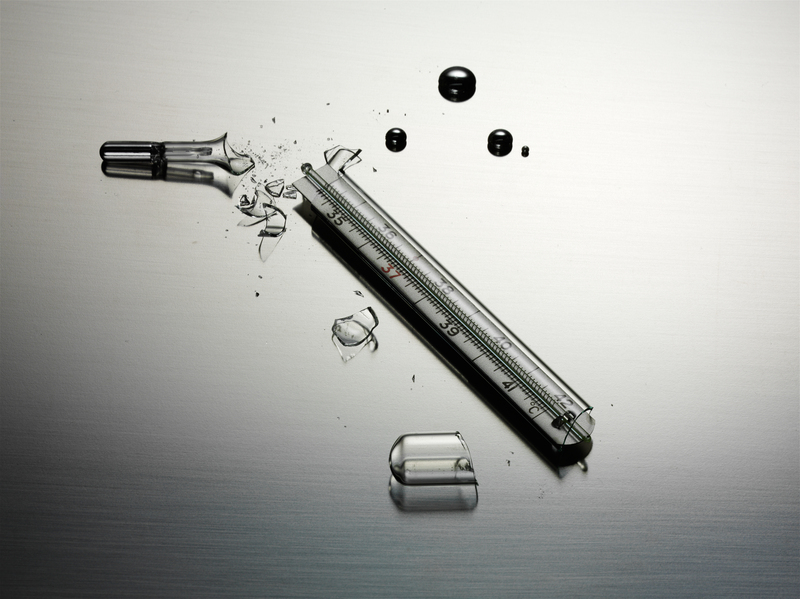Cracking the Code: Understanding Hard Rubbish Disposal
In a rapidly urbanizing world, effective waste management is becoming increasingly crucial. Among the myriad waste types, hard rubbish disposal often poses challenges for households and municipalities alike. This article aims to demystify the intricacies of hard rubbish disposal, providing a comprehensive guide for both homeowners and waste management professionals.
What is Hard Rubbish?
Before diving into strategies for disposal, it's essential to define what constitutes hard rubbish. Hard rubbish refers to bulky waste items that cannot be disposed of through regular waste collection services. These items typically include:
- Furniture - Old sofas, mattresses, and tables.
- Appliances - Broken fridges, microwaves, and washing machines.
- Electronics - TVs, computers, and peripheral devices.
- Outdoor Equipment - Lawn mowers, grills, and patio furniture.
- Miscellaneous large items - Carpets, metal scraps, and construction debris.

Understanding Local Regulations
Why Regulations Matter
Disposing of hard rubbish properly is not just an exercise in ethics but a legal requirement. Most municipalities have stringent regulations governing the disposal of bulky waste to mitigate environmental impact and ensure public health and safety.
Familiarizing with Municipal Services
Different municipalities offer varying levels of service. Some provide scheduled pick-up dates for hard rubbish disposal, while others require residents to arrange services independently. It's crucial to consult local councils to understand the options available in your area.
- Annual or Biannual Collections - Some towns provide set dates for hard rubbish collection.
- On-Demand Services - You might need to book pick-up services.
- Drop-off Centers - Many communities offer drop-off facilities for hard waste.
The Environmental Impact of Improper Hard Rubbish Disposal
Pollution and Health Hazards
Improper disposal of hard rubbish can lead to significant environmental issues. When large waste items are not disposed of correctly, they can release toxins into the ground and water systems. Moreover, leaving such waste inappropriately stored can become a breeding ground for pests and rodents, posing public health risks.
The Importance of Recycling and Repurposing
A considerable portion of hard rubbish comprises items that can be recycled or repurposed. By recycling electronics, metals, and some plastics, we can reduce the strain on natural resources, lower greenhouse emissions, and contribute to a sustainable future. Many items, with a little creativity, can also be repurposed or upcycled to extend their lifecycle and utility.
Strategies for Effective Hard Rubbish Disposal
Assess and Sort Your Rubbish
The first step in effective disposal is to assess and sort your hard rubbish. Not all items require immediate disposal. Some may be donated, sold, or maintain intrinsic value due to their material.
- Donation - Gently used furniture and appliances can often be donated to charities.
- Resale - Online platforms offer avenues to sell working electronics and furniture.
- Recyclable Materials - Sort out metals, plastics, and electronics for recycling purposes.
Partner with Professional Services
Engaging with professional disposal services can ensure that your hard rubbish is handled following legal and environmental standards. Such services possess the expertise and equipment necessary for disposing of or recycling bulky items efficiently.
Consider DIY Projects for Repurposing
If you're creatively inclined, many hard rubbish items can become excellent DIY project materials. For instance:
- Old Doors - Turn them into tabletops or headboards.
- Wooden Pallets - Use them for garden beds or shelving units.
- Upcycle electronics into art or functional decor.

Future Trends in Hard Rubbish Disposal
Technological Advances
Technology continues to play a pivotal role in redefining how we approach waste disposal. From smart bins that track waste electronically to AI-driven sorting centers that automatically process recyclables, the future holds innovative solutions to tackle hard rubbish challenges.
Community Initiatives
Many communities are fostering environments that encourage collective efforts towards efficient waste management. Initiatives such as community swaps and repair workshops help reduce waste by extending the life of household items through collective resources and skills.
Conclusion
Understanding hard rubbish disposal is a crucial component in fostering a sustainable and environmentally conscious community. By familiarizing ourselves with local regulations, assessing our waste effectively, and embracing recycling and repurposing initiatives, we not only comply with legal standards but contribute positively to the global ecological footprint. As technology and community initiatives strive to keep pace with waste management challenges, staying informed and proactive is the key to ensuring we responsibly navigate the complexities of hard rubbish disposal.
For residents and municipalities alike, cracking the code of hard rubbish is a shared responsibility that, when embraced collectively, can lead to significant positive environmental change.